You probably don’t give drain clearing—or your plumbing system in general—much thought unless you work in the plumbing industry.
However, drain cleaning puts it on par with repairs to the furnace, sump pump, sewer line, and water heater as something that is best left to experts.
And for good reason: professional assistance is needed if your bathtub or sink drain is seriously clogged. If not, you’ll be left with a twisted wire hanger in one hand and an empty bottle of liquid drain cleaner in the other, frustrated and perplexed.
What else? You might come across a problem that requires much more than just vinegar, baking soda, and a plunger. If a drain pipe issue is not addressed, it may result in a flooded floor or the inability to use your sink, toilet, or bathtub.
Consider this: your home’s drains are exposed to a respectable amount of, uh, traffic. Your drains must process a lot of grease and debris, including coffee grounds, flower stems, and food scraps, not to mention the occasional paper towel that finds its way into your kitchen sink.
A minor drain clog won’t necessarily be a major headache if your plumbing is in excellent condition. However, it’s important to keep an eye out for and take immediate action in the event of a seriously blocked drain.
Why?
A seemingly simple clog may, through professional diagnosis, be a sign of a more serious issue with your main sewer line. Does your toilet, for instance, back up when you flush? Or does the water in your bathtub overflow when you take a shower? If so, you might want to contact a plumbing expert.
Small clogs can be deceptive, after all. Your clog might be caused by a sewer line failure, which puts your house in danger because raw sewage might back up into your house. Who wants their house to resemble a building site while the sewer line is being dug up and fixed?
Thinking about hiring a block drain in Castle Hills plumber? These 3 indicators point to the need for more than a YouTube tutorial and an empty milk carton to fix your drains:
- Disturbing Noises
How many of us have experienced a strange, ominous gurgling sound while taking a bath? Or tried to kick it in our outdoor hot tub but were startled by a warble?
The drain in your bathtub is put through more funk and gunk than you probably realise, whether it’s shaving cream or hair. (The hot tub drain has its own anecdotes.)
Gurgling noises frequently indicate a problem with your main line, though it might not be obvious until your bathtub starts to back up or the water in your hot tub starts to look cloudy.
According to InspectAPedia, “That “blub blub” or “glug glug” noise you hear from a drain may indicate that the drain system itself is having issues, such as a partial blockage, venting issues, odour issues, or even a failing septic system.”
Smart DIYers might try to solve the issue with a homemade drain snake, a device that’s typically made out of a coat hanger and used to remove whatever may be blocking the pipe.
Even more knowledgeable landlords and homeowners understand that a gurgling noise indicates that it is time to call a professional drain cleaner.
- Consistently Blocked Drains
Liquid drain cleaners are not cheap, especially if you use them like dollar bills in a Las Vegas casino.
Furthermore, the environmental friendliness of liquid drain cleaners isn’t particularly well known. Additionally, green liquid drain cleaners are infamously ineffective, giving you additional headaches and wasting your time and money. (Hint: At Anderson Plumbing, Heating & Air, we suggest a non-toxic, non-caustic, non-corrosive, non-pathogenic, biodegradable enzyme that, bonus points, helps lessen future environmental impact and saves money.)
Therefore, you might need to do more than just go to Target if you have a clog that is affecting more than one room in your house or is difficult to remove. What I mean is? Your sewer line might be the source of your current issue.
Consider this as a quick plumbing lesson: that sewer line you probably don’t think twice about is responsible for a sizable number of duties.
principal among them? transporting household waste. The main sewer line, which eventually connects to a wastewater treatment plant, usually has your home’s sewer line attached to it. (Ideally, your sewer system is gravity-powered, like a septic system.)
Fresh water reaches your house via a major water supply pipe when the sewer line is working properly. These lines, which separate into two sets—one to the hot water heater and the other through a series of cold water pipes that supply bathroom fixtures like your sink and shower—are utilised continuously all day long. This produces wastewater that most people never see, which enables us to carry out daily activities like having a shower and flushing the toilet.

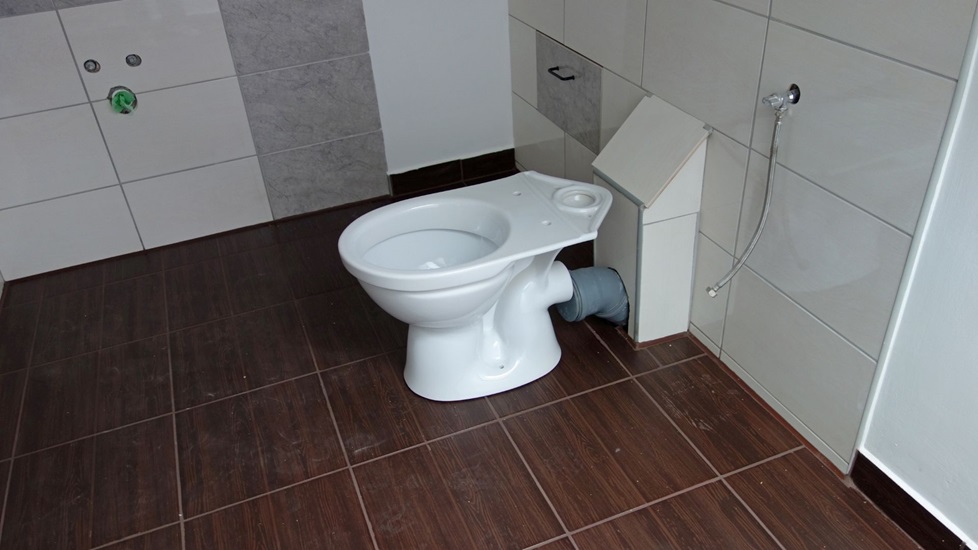


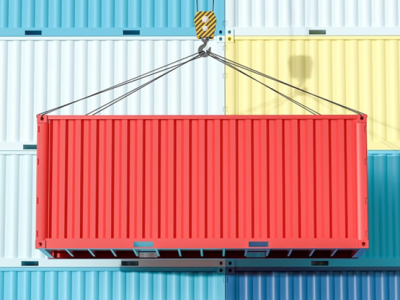
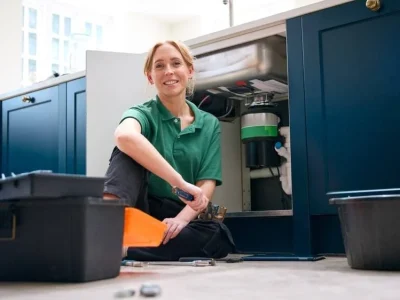



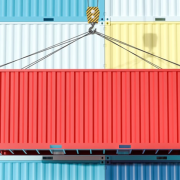
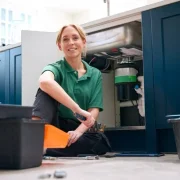

Comments